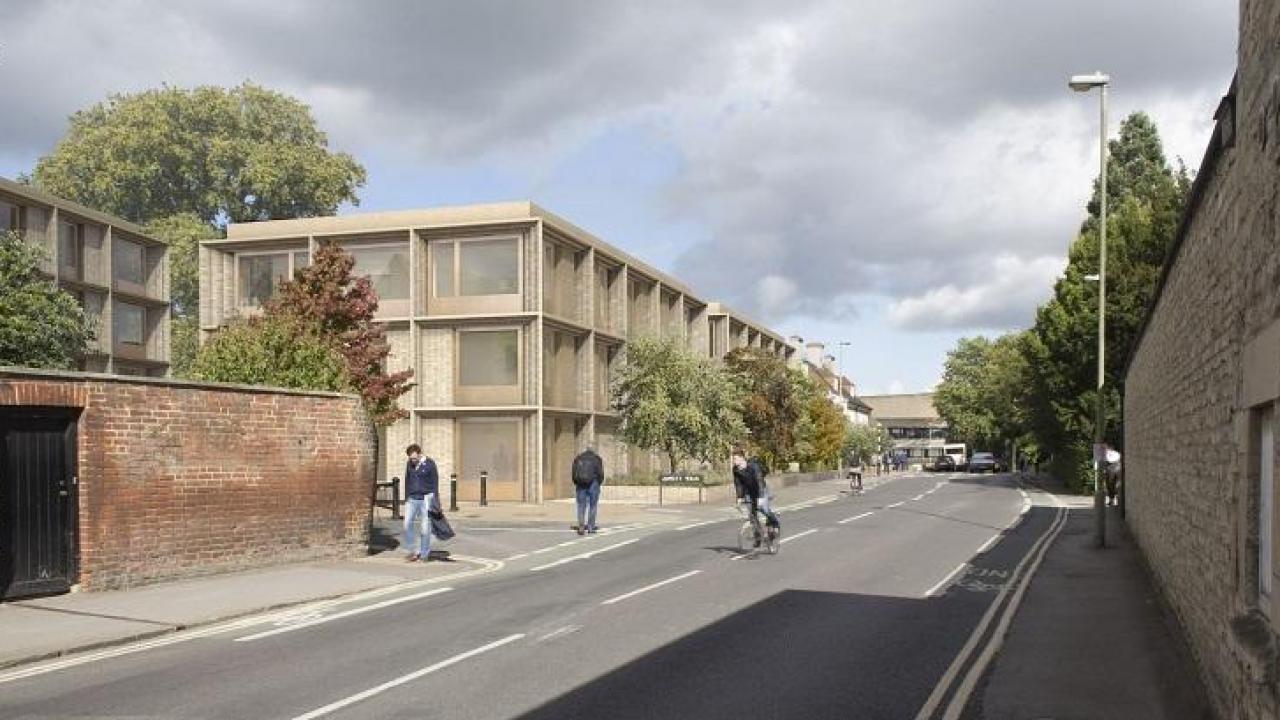

Cost data for offsite construction
A recent RICS report on offsite manufacturing for housing concluded that the data on cost of construction, value and performance using offsite is not robust yet, and as techniques evolve, cost information and performance changes and previous data becomes obsolete.
This makes it hard for the industry to estimate costs or assess benefits and plan appropriately.
The report includes case studies for three types of offsite construction:
- Cross-laminated timber (CLT)
- Modular (volumetric)
- Timber frame open/closed panel.
Anecdotal evidence from the case studies suggests that the costs of using offsite construction are broadly similar to traditional brick/block construction but they can deliver other benefits including speed of construction, reduced onsite staff, better safety, reduced transport movements to site, carbon reduction, and better, quality control.
Some of these benefits will depend on how much of the building is manufactured offsite. Even on a traditionally constructed building the roof trusses and windows will be delivered complete to site.
It is estimated that on volumetric construction the cost of the modular element is about 30–40% of the total build cost; the balance of the cost is the substructure, M&E, communal fit out, façade and landscaping, etc. On open panel timber frame projects, BCIS analyses would suggest that the frame represented around 10% of the total building cost.
Analysis of the last 400 flats schemes analysed BCIS shows that the average building cost per m2 for traditional brick/block and timber framed were very similar while the average of the 11 schemes classified as offsite were 8% higher. This is a small sample of schemes that included a significant proportion of offsite manufacture and no allowance has been made for the size of the schemes nor the numbers of storeys.
As the RICS report suggests, the information on the few offsite schemes available on BCIS is unlikely to be representative of the latest schemes, and BCIS is keen to analyse more offsite manufactured schemes for housing and for other types of buildings.
More manufacturers and contractors are opting for offsite, modular and hybrid offsite systems. For example, B&K Structures, one of the UK’s leading sustainable structural frame contractors, has been appointed to supply and install a series of steel, glulam and cross-laminated timber (CLT) hybrid frames at Balliol College, Oxford (pictured above).
The new-build education development will provide much needed undergraduate student accommodation at what is one of the University of Oxford’s oldest and most prestigious colleges. The full project is worth £40 million, with B&K Structures working alongside main contractors BAM to deliver the scheme.
Comprising eight separate blocks – a four-storey building and seven smaller three-storey structures the new accommodation blocks will include a truly hybrid solution, blending steel, CLT, and glulam. All blocks will feature CLT and steel hybrid structures, as well as visual glulam beams to two blocks.
The engineered timber boasts excellent sustainability credentials, being fully PEFC certified with a complete chain of custody to ensure the timber is from well-managed forests.
B&K Structures has already commenced work on site, and expects to complete the first phase of installation at the end of summer 2018, with the second phase of installation due to commence September 2018.
Due to the company’s off-site manufacturing methods, it is estimated that there will be a maximum of 10 people required on-site at any point during the structural installation process, and that a total of fifty-five deliveries for all eight accommodation blocks will be made to the site by BKS – improving health and safety and reducing disruption and air and noise pollution during the construction process.

